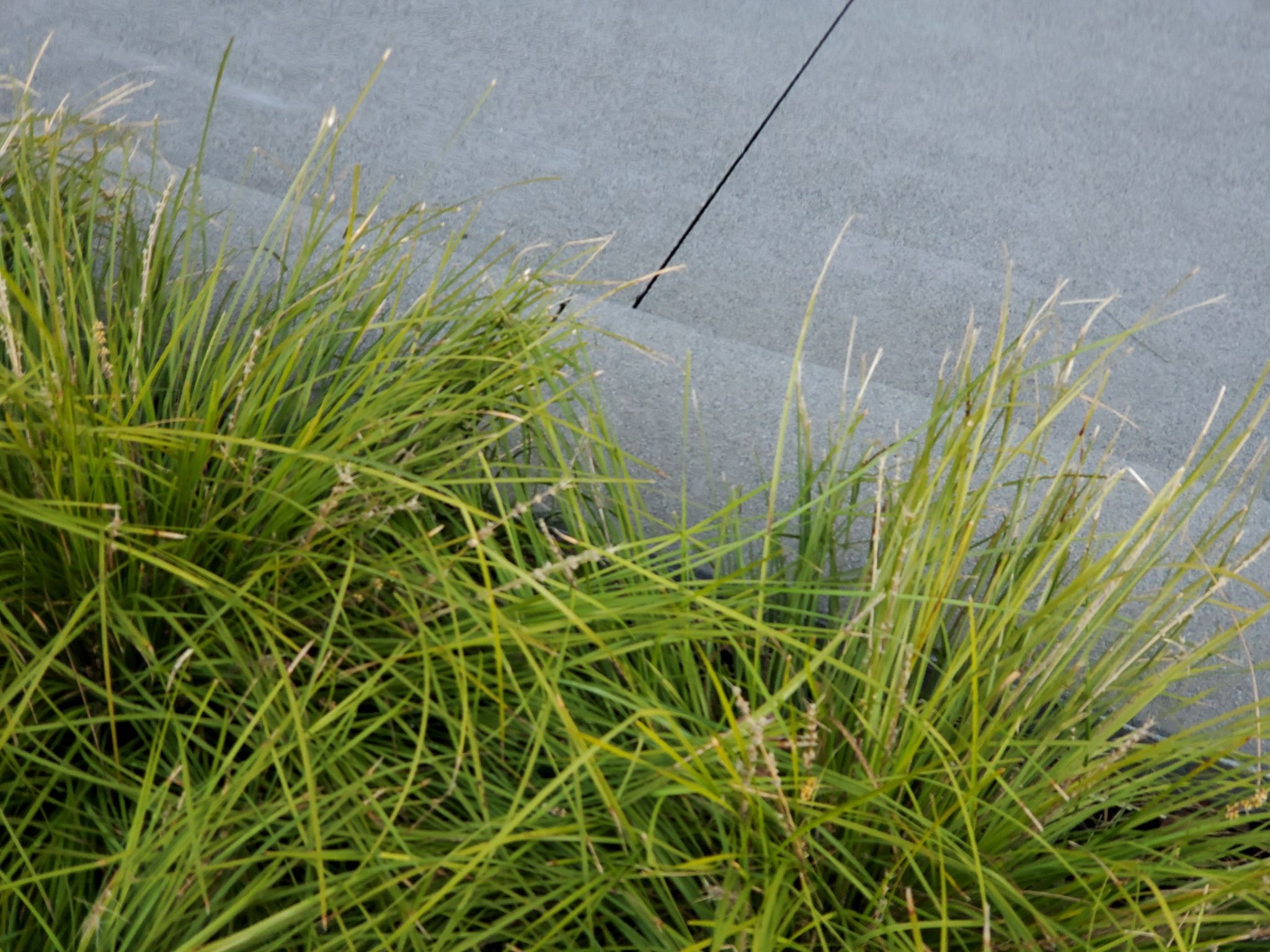The Environmental Benefits of Bio-Swales: A Success Story Compilation
Understanding Bio-Swales
Bio-swales are an innovative solution to managing stormwater runoff, providing both functional and environmental benefits. These landscape elements are designed to channel and filter rainwater, reducing the load on sewage systems and preventing pollution from entering natural waterways. With urban areas facing increasing challenges related to water management, bio-swales have become an essential component of sustainable city planning.
Unlike traditional drainage systems, bio-swales use vegetation, soil, and natural filtration processes to clean water as it flows. This not only helps in mitigating flooding but also enhances the quality of water reaching rivers and lakes. Their design can vary, but all bio-swales share the common goal of leveraging natural processes to address urban water issues efficiently.

Environmental Benefits
The implementation of bio-swales offers numerous environmental advantages. Firstly, they significantly reduce stormwater runoff, which is crucial in urban areas where impermeable surfaces like concrete and asphalt dominate. By allowing water to percolate through soil and vegetation, bio-swales help replenish groundwater reserves and maintain natural hydrological cycles.
Additionally, bio-swales play a critical role in improving water quality. As rainwater passes through the swale, pollutants such as heavy metals, oils, and sediments are naturally filtered out by the plants and soil. This process not only purifies the water but also protects aquatic ecosystems from harmful contaminants. Furthermore, bio-swales contribute to biodiversity by providing habitats for various plant and animal species.

Case Study: Portland's Green Streets Program
Portland, Oregon, has been a trailblazer in integrating bio-swales into its urban landscape. The city's Green Streets Program is a testament to the effectiveness of these systems in managing stormwater while enhancing urban aesthetics. By converting traditional streets into green corridors with bio-swales, Portland has successfully reduced its stormwater runoff by millions of gallons annually.
The program has not only improved water management but also created vibrant green spaces that enhance community well-being. Residents now enjoy cleaner air and water, reduced urban heat island effects, and improved public spaces that encourage outdoor activities. Portland's success story serves as an inspiration for other cities looking to adopt sustainable urban planning practices.

Community Engagement and Education
One of the key factors in the successful implementation of bio-swales is community involvement. Educating residents about the benefits of these systems encourages local support and participation in maintenance activities. Workshops and informational campaigns can help demystify the technology behind bio-swales and highlight their importance in protecting local environments.
Furthermore, community-driven initiatives can foster a sense of ownership and pride among residents. When people understand the positive impact of bio-swales on their neighborhood, they are more likely to advocate for their inclusion in urban planning projects. This collaborative approach not only ensures the longevity of the bio-swales but also strengthens community bonds.

The Future of Bio-Swales
As climate change intensifies and cities continue to grow, the need for sustainable water management solutions becomes increasingly urgent. Bio-swales offer a promising path forward by addressing multiple environmental issues simultaneously. They represent a harmonious blend of engineering and ecology that can adapt to various urban contexts.
Looking ahead, advancements in materials and design will likely enhance the efficiency and scalability of bio-swales. Integrating smart technology could further optimize their performance by monitoring water quality and flow in real-time. As more cities recognize the value of these green infrastructures, bio-swales will undoubtedly play a pivotal role in shaping resilient urban landscapes.